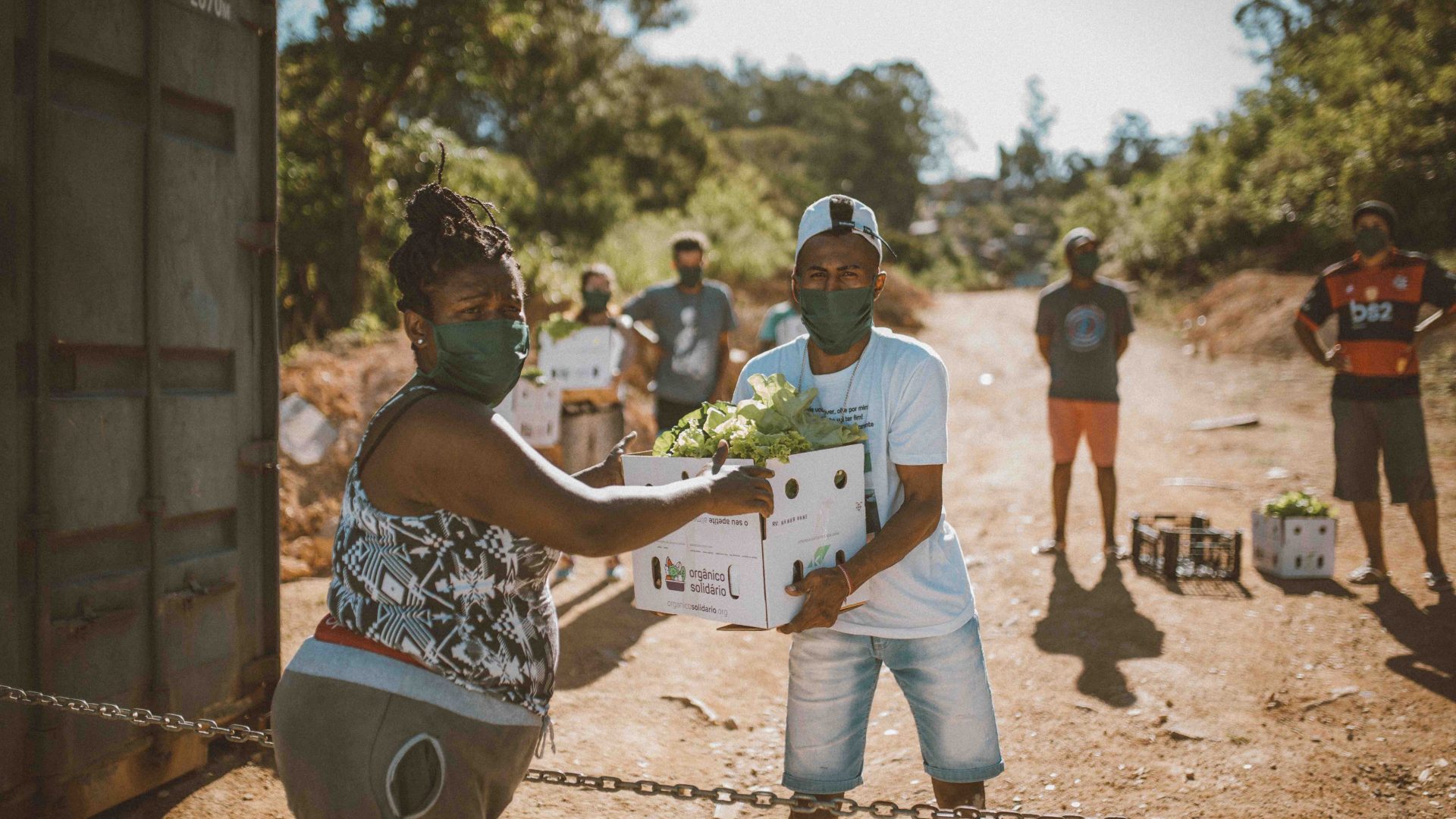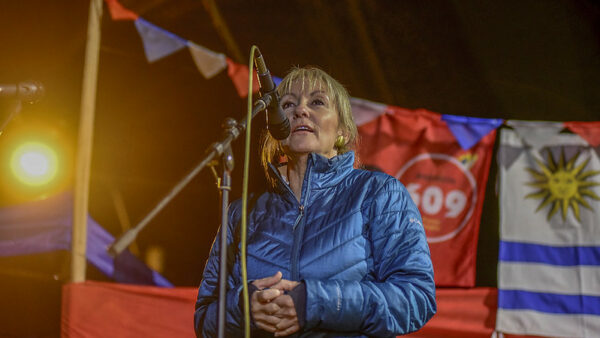After the death of one of his clients from Covid-19 and his proximity to the victim’s family’s grief, Brazilian business owner Aziz Camali Constantino felt the need to “act” on the then-nascent coronavirus crisis.
A specialist in self-knowledge and strategies based on family businesses, he decided to use his entrepreneurial skills to create a completely not-for-profit system to supply vulnerable families with organic foods, making use of produce from local farmers that would otherwise go to waste due to the closure of restaurants and fruit and veg markets.
Within this was the objective not to support industries that produce Brazil’s basic basket of food necessities, typically composed of carbohydrate-rich foods with low nutritional value.
“We noticed that the market for basic food baskets would love the pandemic. But that industry is doing perfectly fine, thank you very much,” says Mr. Constantino. “I looked at my network, found some people with complementary skills, and we thought up a model for a startup that would not only give food to those who are hungry, but would also promote social transformation toward something we sincerely believe in, which is healthy eating.”
Mr. Constantino negotiated with organic farmers to manage their harvests, while speaking with neighborhood associations and social projects to identify who should receive their healthy food baskets. He created an online donation platform not to target major institutions, but to reach individuals looking to donate whatever quantity they were able to.
In a short time, the Orgânico Solidário platform was up and running. Since March 2020, it has delivered roughly 250 tons of fruits and vegetables to 70 needy communities in Rio de Janeiro, São Paulo, Santa Catarina, and Paraná. In the coming months, the network will be extended to states in Brazil’s Northeast.
The fruits and vegetables are delivered in purple boxes, intentionally chosen to “represent” the nutritional value of the foods within. “If you open the fridge of a family living...


 Search
Search






































